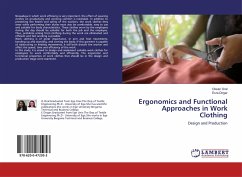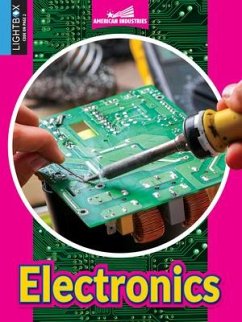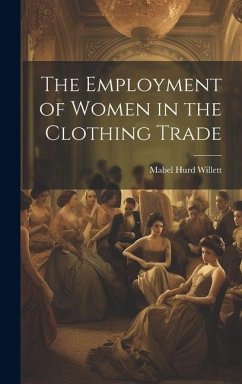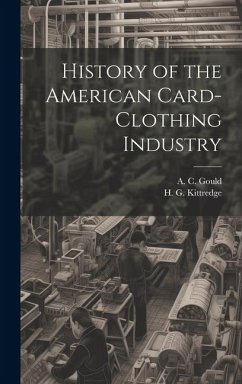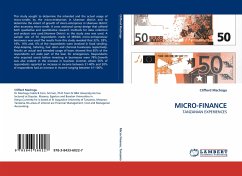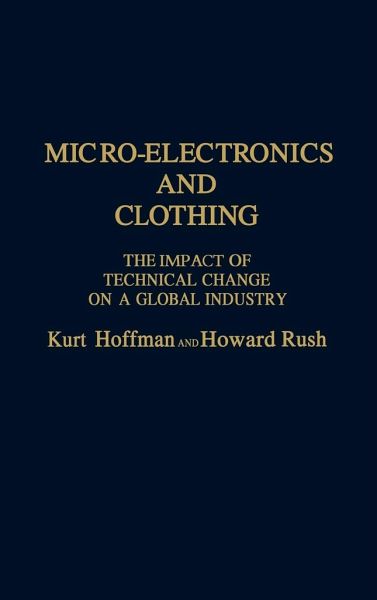
Micro-Electronics and Clothing
The Impact of Technical Change on a Global Industry
Versandkostenfrei!
Versandfertig in 1-2 Wochen
88,99 €
inkl. MwSt.

PAYBACK Punkte
44 °P sammeln!
Garment making has traditionally been a conservative industry in terms of technical innovation. Micro-Electronics and Clothing examines this old industry in relation to a very new family of technologies--micro-electronics. Hoffman and Rush explore the likely effects of micro-electronic innovations on international trade in garments. The ask, will the new technology permit the garment industry in the industrialized countries to meet competition from Thirld World exporters more effectively so that import penetration is stopped and reversed? After examining this question from a variety of angles,...
Garment making has traditionally been a conservative industry in terms of technical innovation. Micro-Electronics and Clothing examines this old industry in relation to a very new family of technologies--micro-electronics. Hoffman and Rush explore the likely effects of micro-electronic innovations on international trade in garments. The ask, will the new technology permit the garment industry in the industrialized countries to meet competition from Thirld World exporters more effectively so that import penetration is stopped and reversed? After examining this question from a variety of angles, the authors suggest that there will be a transitional period between the mid-1980s and the mid-1990s during which the technological transformation of the sector will proceed at a relatively slow pace. They also offer suggestions for Third World clothing exporters who may be technologically advanced enought to take advantage of this transitional period to improve their competitiveness and their position in the market. In addition to research in trade and business sources, this book is based on interviews with clothing manufacturers, capital goods suppliers to the clothing industry, industry consultants, industry associations, and official industry bodies. As a result, the authors have produced a case study in how innovations emerge from ideas and how the structure and organization of an industry influence the spread of new techniques.






